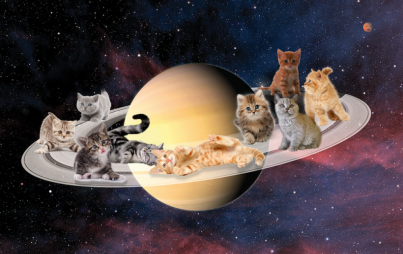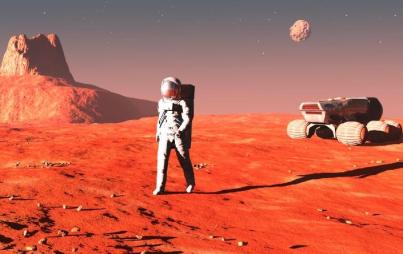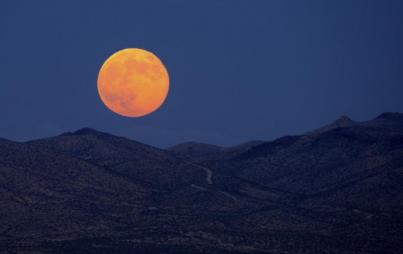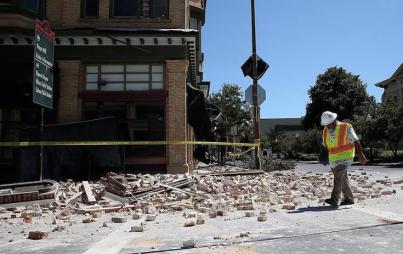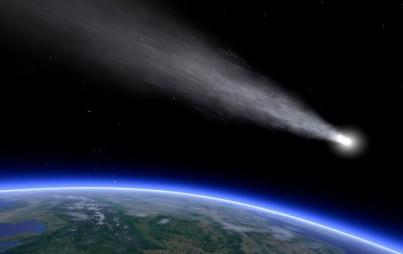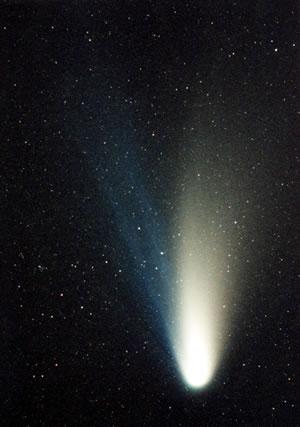
What’s the size as three football fields, and travels at 27,000 mph? The asteroid that whizzed by Earth today! Though it's estimated the closest it came to Earth was about 2 million miles, it was still labeled a "potentially hazardous object”—the descriptor given to asteroids (metal and rock) and comets (ice and rock) whose size and orbit could risk damage to Earth.
These suckers abound in space—there are more than 1,400 potentially hazardous asteroids confirmations alone (yikes). But don’t worry, Congress doesn’t like it any more than you do, which is why they passed legislation requiring NASA to hunt down at least 90% of all large near-Earth objects (ones big enough to take out a city—sorry townships, you don’t make the congressional cut) by 2020. (This begs the question of how NASA could know it found 90% of an unknown quantity of objects—but whatev). So while NASA is busy hunting down the behemoths, they can’t sweat the small stuff so they put out a public call seeking the public’s help hunting for smaller objects (are you going to get on that?).
One organization contributing to the call—the Slooh Space Camera project—regularly tracks potentially hazardous asteroids and comets. A Slooh official said they sometimes discover these asteroids “only days before they make their close approaches to Earth.” !!!
But don’t get too wound up, another Slooh astronomer explained that massive asteroids have only hit Earth every few centuries, and typically impact in the ocean or a wasteland area (since these two entities comprise most of the earth’s surface). In recent history, only relatively small asteroids have really caused damage, and only once a century or so (and they seem to have it out for Russia—the site of a 1908 asteroid crash, and last year’s impact which shattered windows, caused building damage, and injured more than 1,000 people).
But it's widely agreed that tracking all space objects—and hopefully ultimately developing the ability to alter their orbits—is important, given the possibility of disaster. Remember the dinosaurs, after all.
(Image: commons.wikimedia.org)

